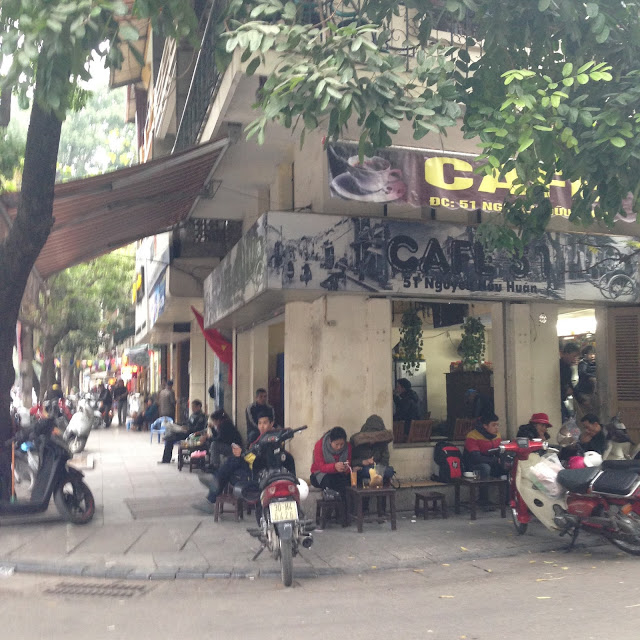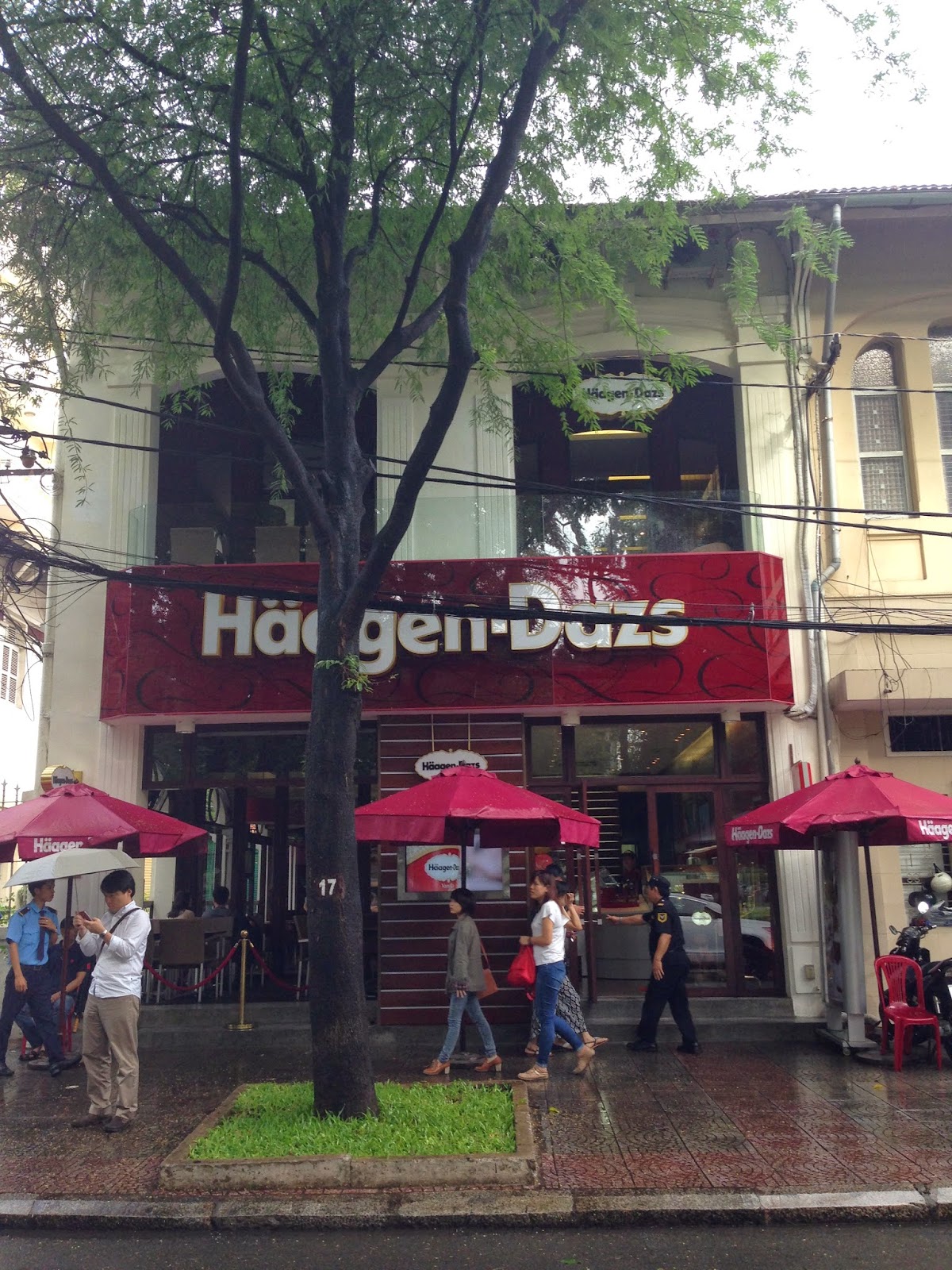I used to dread night time as a child, not for its darkness but for its quiet.
We lived in a small house by the sea. As night fell, the noise and bustle of our little barrio slowly faded out until all that remained was the gentle rhythm of the sea waves caressing the shore.
We lived in a small house by the sea. As night fell, the noise and bustle of our little barrio slowly faded out until all that remained was the gentle rhythm of the sea waves caressing the shore.
One may think of that sound as soothing and innocent. But to me it wasn’t. There was something sinister about it.
It was as if the sea was taunting my gnawing sense of aloneness.
I grew up an only child to a single mother and didn’t meet my father until I turned 8. My childhood was defined by an acute awareness that I had no one else in this world but my mother.
That it was just the two of us in our tiny boat drifting in a vast, lonely ocean.
The smallness of our family terrified me and gave me an almost pathological fear of loss, of being left alone, of my mother being left alone. The fear choked me when it bared itself at certain moments in the day. But it was most potent at night time when nothing masked the melancholy song of the sea.
I craved the company of more than one. I wanted nothing more than a bigger family.
Except that I didn't want my mother to remarry (she didn’t). And I also didn't want my parents to get back together and be a family (not that it was even remotely possible).
One might think that as strange but I simply couldn’t imagine having my father around, even when it could have meant more and better stuff for me (he was Stateside after all and presumably better off).
Although my mother never spoke ill of him, I had always felt that my father was someone I'd be uneasy living with. I hadn't even met him at that point - our only form of communication was the recorded messages in cassette tapes we sent each other once or twice a year.
I didn't really know him and yet, I worried about not meeting his idea of a daughter. And I wasn't ready to bear it on a daily basis.
No, my father was not coming to live with us and make us a family of 3.
What I actually wanted was for my mother to bring home a sister or brother for me. A back-up engine in case the primary broke down. I wanted assurance that there was someone else in this world who love and cling to my mother and me like only a family can. Sure there were uncles, aunts and cousins, but they were in a different boat floating at a distance from us. We could call on them if it has to come to it, but it wouldn't be the same as having another person in our boat paddling with us. I imagined the journey wouldn't feel as lonely if we had more company.
But the sister or brother never came, and we remained two. Because my mother was more practical than sentimental (and in hindsight, I guess we were both the better for it)
She could barely support our modest needs, how much more so if there were three of us. And where might she look for that third member? No, she was not going to make life any more complicated and difficult than it already was.
I always reasoned to myself that it was my dread of being in a 2-person family that drove me to have my first boyfriend at 12 and to somehow end up never not having one since then (well, until my last boyfriend became my husband when I was 22).
The boyfriend wasn't exactly the company I longed for but it did the job. My mother wasn’t thrilled about my being in a romantic relationship at such a young age, but she also didn’t completely disapprove of it. Rightly or not, I think those boyfriends saved me from my oppressive sense of aloneness and dread of loss.
With the knowledge that I was linked intimately to a boy (a.k.a another human being), the fear of losing the only person in my family no longer held the primetime slot in my mind. The nature of my worries shifted; they became more pedestrian and mundane rather than existential (if I can describe it that). My worries no longer felt like a merciless thief but just an annoying companion.
Worries like: my face becoming a fertile ground for pimples; or not saying the right things to people; or coming across as too eager and trying hard (ergo, not cool).
These were I thought the usual stuff most people my age worried about so I started to feel that my life wasn't any different from my friends'. It never again occurred to me that I belonged to a rare 2-person household.
I have a big family now – we’re seven, including my mother. My father is very much present in the life of his grandkids and they adore him.
And it hit me: I am living my greatest dream.
Nowadays, the sound of the sea waves at night no longer fills me with melancholy. It has become the sound of my contentment; a sweet reminder that life moves along and everything is going to be all right.

















































